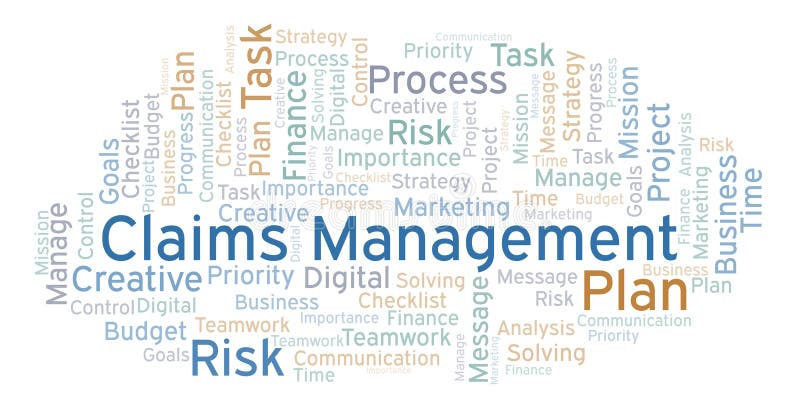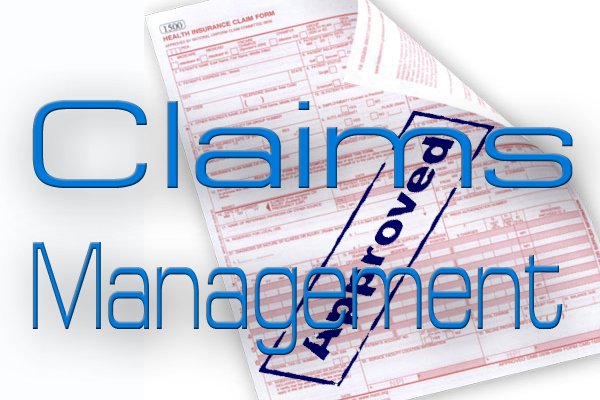In the realm of insurance and legal matters, navigating the complex landscape of claims management can feel like traversing a labyrinth with no end in sight. Whether you’re an individual seeking compensation for a personal injury or a business grappling with property damage, selecting the right Claims Management Services provider is paramount.
But with a myriad of options available, each promising unparalleled expertise and results, how do you discern the best fit for your needs?
Fear not, dear reader, for in this comprehensive guide, we’ll delve into the essential tips and considerations to help you navigate this intricate process with confidence. From assessing industry experience and reputation to scrutinising service offerings and technological capabilities, we’ll equip you with the knowledge needed to make an informed decision.
Join us as we embark on a journey to demystify the world of claims management and empower you to choose the perfect partner to champion your cause.
Define Your Needs and Objectives
Before embarking on the journey of selecting a claims management services provider, it’s imperative to first define your organisation’s specific needs and objectives in managing claims. Take a holistic approach by considering the types of claims you handle, the volume and complexity of claims, and the desired outcomes. Are you primarily focused on streamlining Insurance claim processing, navigating legal complexities, or enhancing customer satisfaction through efficient complaint resolution?
By clearly delineating your requirements, you’ll be better equipped to evaluate potential providers and find the perfect fit for your organisation.
Research Potential Providers
Armed with a clear understanding of your organisation’s needs, the next step is to conduct thorough research to identify potential claims management service providers. Cast a wide nett by leveraging online resources and industry publications and seeking referrals from trusted colleagues and industry peers.
Pay close attention to the reputation, experience, and track record of each provider. Delve into client testimonials, case studies, and online reviews to gain insights into their effectiveness in handling claims similar to yours. Remember, investing time in meticulous research is fundamental to finding a provider you can trust to safeguard your organisation’s interests.

Evaluate Expertise and Specialisation
Not all claims management providers are created equal, and it’s essential to assess their expertise and specialisation in your industry or sector. Look for providers with a proven track record in handling claims relevant to your business context, whether it be insurance, healthcare, legal, or any other industry vertical.
Consider the depth of their domain knowledge, the breadth of their experience, and any additional certifications or accreditations that validate their expertise. A provider with specialised knowledge and a deep understanding of your industry nuances is better equipped to navigate the complexities of your specific claims landscape.
Review Technology and Processes
In today’s digital age, technology plays a pivotal role in optimising claims management processes and driving efficiency. Therefore, it’s crucial to review the technology platforms and processes employed by each potential provider.
Evaluate the robustness and scalability of their claims management systems, ensuring they can accommodate your organisation’s volume of claims while maintaining accuracy and reliability. Look for features such as automation, artificial intelligence, predictive analytics, and real-time reporting capabilities, which can streamline processes, expedite claims resolution, and drive actionable insights for informed decision-making.
Consider Compliance and Regulatory Requirements
Compliance with regulatory requirements and industry standards is non-negotiable when it comes to claims management. Therefore, it’s imperative to ensure that any prospective provider adheres to stringent compliance protocols and maintains the highest standards of data security and confidentiality.
Inquire about their compliance certifications, regulatory adherence, and data protection measures to mitigate the risk of non-compliance and safeguard sensitive information. Additionally, discuss their approach to risk management and ensure they proactively monitor regulatory changes to keep your organisation ahead of potential compliance challenges.
Assess Communication and Support
Effective communication and responsive support are indispensable pillars of a successful partnership with a claims management services provider.
Evaluate the communication channels, responsiveness, and accessibility of each candidate, as timely and transparent communication is essential for maintaining trust and alignment throughout the claims management process. Inquire about their client service model, escalation procedures, and dispute resolution mechanisms to ensure prompt resolution of any issues or concerns that may arise.
A provider that prioritises proactive communication and personalised support can enhance your organisation’s overall claims management experience.
Compare Costs and Pricing Structure
While cost considerations are undoubtedly important, it’s essential to take a holistic view of the value proposition offered by each claims management services provider. Request detailed pricing information, including any upfront fees, ongoing costs, and potential hidden charges. Evaluate the transparency and flexibility of their pricing structure, ensuring alignment with your organisation’s budgetary constraints and expected return on investment.
Remember, the goal is not merely to find the cheapest option but rather to identify a provider that offers the most value in terms of service quality, expertise, and long-term partnership potential.
Seek Transparency and Flexibility
Transparency and flexibility are foundational elements of a successful client-provider relationship, and it’s crucial to seek out providers that prioritise these principles. Look for providers that offer transparent contracts, clearly defined service-level agreements, and flexible engagement models tailored to your organisation’s unique needs and preferences.
Discuss customisation options, scalability features, and contingency plans to accommodate fluctuations in claim volumes or unforeseen challenges. A provider that demonstrates transparency and flexibility fosters a collaborative and adaptive partnership that can evolve alongside your organisation’s evolving needs.
Obtain References and Conduct Due Diligence
Before finalising your decision, it’s prudent to obtain references from past or current clients of each claims management services provider. Reach out to these references to gain firsthand insights into their experiences, satisfaction levels, and the provider’s performance across various parameters. Additionally, conduct rigorous due diligence to verify the credibility, reliability, and reputation of each provider.
Scrutinise their financial stability, regulatory compliance history, and any past litigation or disciplinary actions. Remember, due diligence is a critical step in mitigating risks and ensuring a mutually beneficial partnership.
Trust Your Instincts and Gut Feeling
Last but certainly not least, trust your instincts and gut feeling when selecting a claims management services provider. Beyond the quantitative metrics and checkboxes, pay heed to intangible factors such as rapport, trustworthiness, and cultural fit. Reflect on the provider’s responsiveness, sincerity, and commitment to understanding your organisation’s unique challenges and objectives.
Ultimately, choose a provider that resonates with your organisation’s values, inspires confidence, and instils a sense of trust and partnership. Your intuition can often serve as a reliable compass in navigating the complexities of the selection process.
Conclusion
Choosing the right claims management services provider is a consequential decision that can profoundly impact your organisation’s resilience, reputation, and bottom line. By following these comprehensive guidelines, you’ll be empowered to navigate the selection process with confidence, diligence, and clarity of purpose.
Remember to define your needs and objectives, conduct thorough research, evaluate expertise and specialisation, review technology and processes, consider compliance and regulatory requirements, assess communication and support, compare costs and pricing structure, seek transparency and flexibility, obtain references and conduct due diligence, and trust your instincts and gut feeling.
With strategic discernment and meticulous attention to detail, you’ll be well-equipped to forge a transformative partnership with a claims management services provider that propels your organisation towards sustained success and prosperity in today’s dynamic business landscape.



